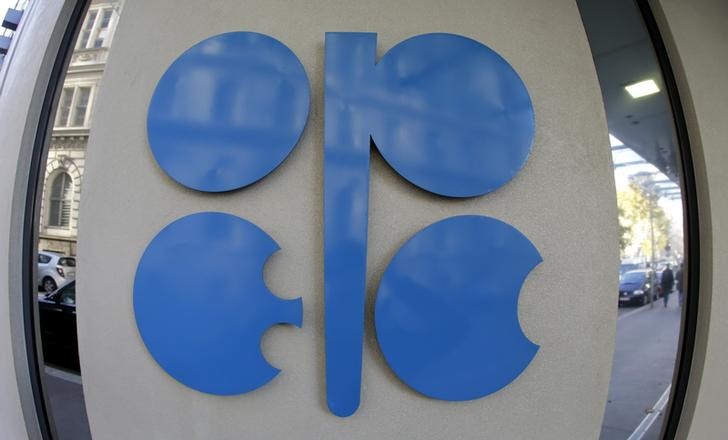Investing.com — OPEC+ is likely to delay the planned easing of oil production cuts, according to analysts at Citi Research.
The group, which also includes major oil-exporting countries and allies, is preparing for a virtual meeting on December 1 that will focus on ongoing production policies.
The prevailing plan to phase out voluntary production cuts of 2.2 million barrels per day – originally announced in June 2024 – has already suffered multiple delays, from the start of October 2024 to December and now January 2025.
Citi strategists believe this schedule will be pushed back even further, with a new potential start date of April 2025.
This expected slowdown comes against the backdrop of declining global oil demand, an oversupply forecast for 2025 and weak market fundamentals.
Citi estimates that global oil supplies are expected to rise by about 1 million barrels per day in 2025 despite continued cuts, with prices averaging $60 per barrel this year.
In addition, demand from China, a major consumer of crude oil, is expected to be lower than expected, while non-OPEC+ production continues to rise strongly.
OPEC+ members are reportedly reluctant to release more oil into the market due to concerns about creating downward pressure on prices.
However, the likelihood of deeper cuts also appears slim as current prices remain above $70 per barrel and geopolitical uncertainties persist.
In addition, some members, including the UAE, Iraq and Russia, are keen to increase production.
Notably, the UAE itself has reported a significant increase in production capacity and is attempting to implement a base quota increase planned for early 2024.
Geopolitical factors further complicate the decision-making process. The ongoing conflict between Russia and Ukraine and fluctuating tensions in the Middle East, together with the new trade tariffs proposed by newly elected US President Donald Trump, are affecting market dynamics.
Trump’s announcement of a 25% tariff on oil imports from Canada and Mexico could significantly increase costs for U.S. refiners and consumers, potentially further reducing oil demand.
While delaying the unwinding of cuts gives OPEC+ the flexibility to respond to market shifts, it also limits their ability to benefit from price spikes in the event of supply disruptions.
Citi analysts suggest that any substantive changes to OPEC+’s strategy will likely depend on a significant change in market conditions, such as a de-escalation of geopolitical risks or a sharp recovery in demand.
For now, OPEC+’s strategy appears to be focused on maintaining balance in a challenging and uncertain oil market.


